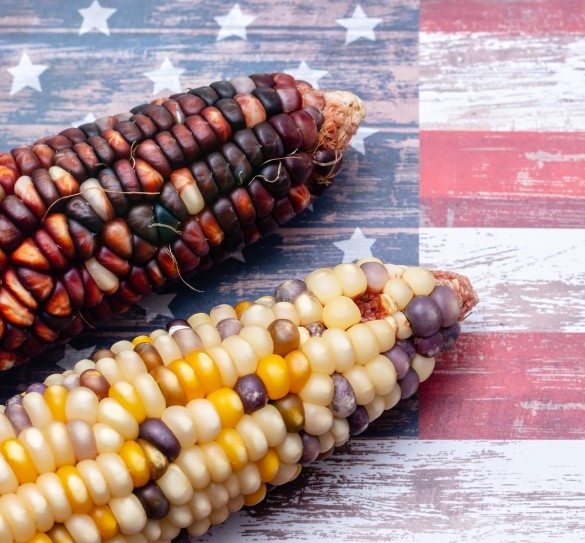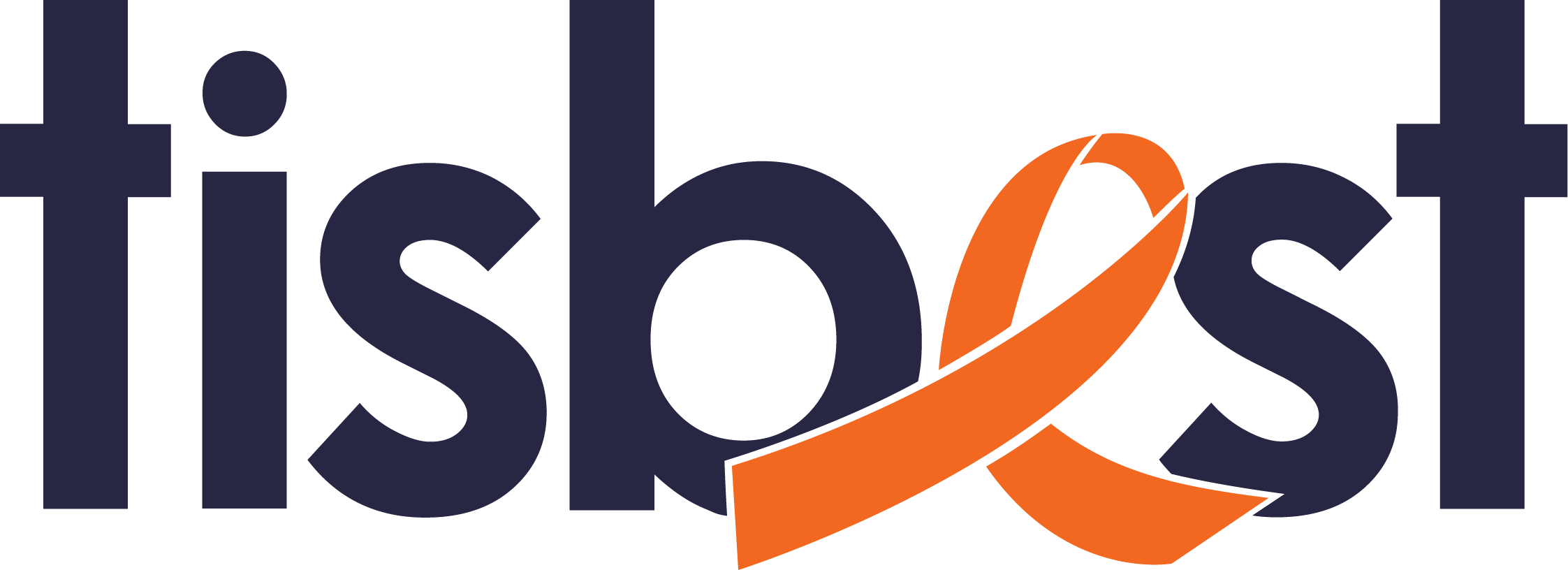Giving Thanks for Indigenous Contributions

November is a month when Americans look forward to giving thanks, but also look back upon their national heritage. This Thanksgiving, we’d like to reflect on the immense contributions of Native Peoples. Let’s acknowledge a few of the vital Indigenous contributions to Western civilization that Americans enjoy and take pride in every day.
Food
Many of the foods we consider to be of European heritage actually originated in the Americas. In fact, roughly 60 percent of our everyday staples, including the peanut, potato, tomato, squash, and pepper — even maple syrup and chocolate! — originated in American Indigenous agriculture and diet. Fun fact: The Italians didn’t dream of a tomato-based pizza sauce until the Spanish brought the tomato back from the Americas to Europe! And did you know that we can thank Indigenous peoples for the invention of barbeque? People of the Southern United States adopted this method of covering meat with sauces and cooking it over an open fire from the Taino people on the Island of Hispaniola in the Caribbean. Read here and here for more on the Native foods that you likely enjoy every day!
Language
Countless words in our everyday language, especially those referring to native animals and geographic place names, come from Native American speech. Words like chipmunk, hurricane, hammock, The Rocky Mountains, and The Pacific Northwest all come from Native American languages. So do roughly half of the names of the 50 states, including Alabama, Texas, and Wisconsin. Take a look—is the name of your state a Native word? For a deeper dive into Native American English, check out this fascinating article from Babbel.
Environmental Stewardship
The world at large is beginning to recognize the crucial importance of a healthy ecosystem. We may be starting to turn a corner on climate action, with even automakers and fossil fuel companies implementing changes. Thanks to Indigenous cultures, there’s been a conservation effort alive since well before these companies (or this country) existed. According to a 2019 article from Scientific American, at least one quarter of the planet’s land is owned, occupied, or managed by Indigenous peoples. And environmental degradation is happening at a slower rate on those lands than on the rest of the planet. Says Rutgers Professor Pamela McElwee, as quoted in the article: “This is a watershed moment in acknowledging that indigenous and local communities play really important roles in maintaining and managing biodiversity and landscapes that the rest of us can learn from.”
Democracy Itself
Did you know that Native American civilizations contributed to the very root of our democracy? Benjamin Franklin said that the Iroquois Confederacy was his original inspiration for our federal government. He referenced the Iroquois model when presenting his Plan of Union at the Albany Congress in 1754. Franklin also invited the Great Council Members of the Iroquois to address the Continental Congress of 1776. Past civilizations including the Inca, Maya, and Aztec also influenced modern democracy.
Patriotism
Throughout United States history, even as Native tribes were persecuted, they made invaluable contributions to the country’s efforts overseas. Native Americans served at high rates during World War I (before they were even citizens) and World War II. During World War II, the volunteer Navajo Code Talkers developed an unbreakable code that remained unbroken until the end of the war, giving Marines a critical advantage throughout the war in the Pacific Theater.
Let’s not forget this November that we owe immense, continued gratitude to the Indigenous ancestral and current stewards of the land where we, as Americans, live. At TisBest, we honor the contributions of our Native Peoples, and we work toward equality for all people.
TisBest Philanthropy works to connect you and the people you care about with the causes you want to support. Use our search feature to find Indigenous and Native American charities in your area—and thank you for being part of our giving (and receiving) community.
